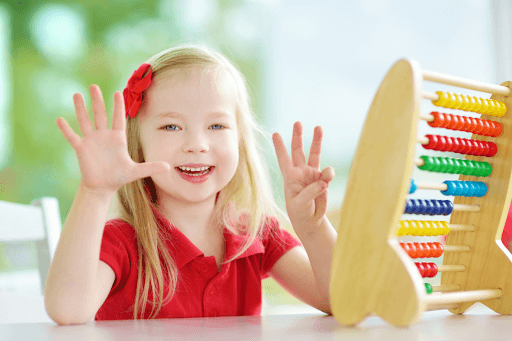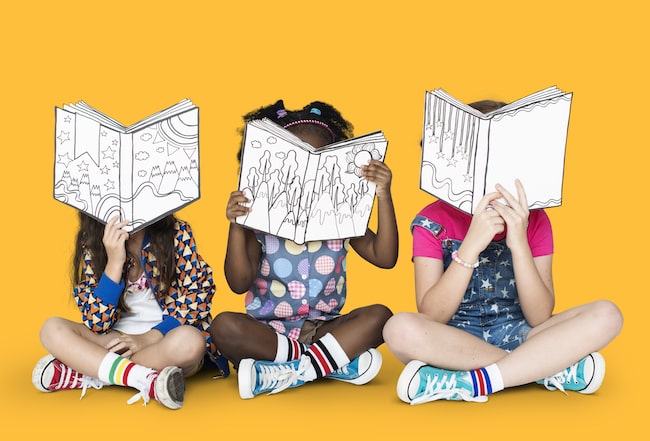
When we think about preparing young children for school, we often picture them learning their ABCs or reading their first words. But just as important are the skills that help children understand numbers, patterns, and problem-solving — what we call early numeracy skills. These form the foundation for all future mathematical learning and play a critical role in how children see and interact with the world around them.
What Are Early Numeracy Skills?
Early numeracy skills begin developing well before formal schooling. They include the ability to:
- Recognise and count numbers.
- Understand “more” and “less.”
- Identify patterns and sequences.
- Sort and classify objects (by size, shape, or colour).
- Compare quantities (which group has more or fewer items).
- Understand simple concepts of addition and subtraction through everyday play.
These skills are not just about knowing numbers — they’re about building an understanding of how numbers and relationships work.
Why Early Numeracy Skills Matter
1. Confidence in the Classroom
Children with strong numeracy foundations enter school ready to take on challenges. They are more confident in maths lessons, which helps them stay engaged and motivated.
2. Problem-Solving Skills
Numeracy isn’t just about numbers — it’s about reasoning and problem-solving. These skills help children think logically, make connections, and find solutions in real-life situations.
3. Long-Term Academic Success
Studies show that early numeracy skills are strong predictors of later success in school, not just in maths but across all subjects. A child who understands numbers and patterns has an easier time applying this knowledge to reading, science, and everyday tasks.
How to Support Early Numeracy at Home
Parents and caregivers play a powerful role in developing numeracy through everyday activities:
- Play with numbers: Count steps, toys, or snacks together.
- Use daily routines: Talk about time (“It’s 5 minutes until dinner”) or compare sizes while cooking.
- Explore shapes and patterns: Notice shapes in the environment or make simple repeating patterns with blocks or beads.
- Play games: Board games, card games, and simple puzzles build number sense and strategic thinking.
- Use storybooks: Many picture books weave numbers and counting into the story, making learning fun and natural.
How Tutoring and Support Help
Sometimes children need extra practice to build confidence in early numeracy. A primary school tutor or specialised literacy and numeracy tutor can provide focused, one-on-one support tailored to your child’s needs. This ensures they not only “catch up” but also develop a positive attitude towards maths from the start.
Final Thoughts
Early numeracy skills are more than just counting and number recognition — they are the building blocks for problem-solving, logical thinking, and confidence in learning. By nurturing these skills early, whether at home, in preschool, or through additional support like tutoring, we give children the tools they need to thrive in school and beyond.

%20(1).svg)
.svg)

